The South African election has now been concluded and we are entering the post mortem analysis paralysis period. The ruling ANC party has failed, for the first time in 30 years, to achieve an outright majority. Speculation abounds and many opinions are already making the rounds as to possible coalitions between the ANC, the EFF, the DA and the MK parties. One thing is for sure, uncertainty is not good for the general business environment and capital markets.
According to Bloomberg, one of the leading global credit ratings agencies, Moody’s Investors Service, commented as follows: “A coalition government could complicate the execution of fiscal, economic, and social policies that would help address South Africa’s structural credit weakness, such as slow economic growth, inefficiencies in the energy and logistics sectors, and high unemployment”.
Well known political commentator, Justice Malala, has written an interesting opinion piece for Bloomberg, which was published on Monday 3 June 2024. You can read it here.
Political parties have two weeks from when the election was declared “free and fair” (Sunday, 2 June 2024) by the Electoral Commission of South Africa, to elect a president. The next two weeks will likely be jam-packed with coalition negotiations and much press speculation about the various permutations of possible coalition partnerships.
Moving to global politics, the upcoming US election, in November of this year, is also cause for much speculation and interesting debates. We believe the outcome of this election may have a major impact on economic policy, implying this to be an extremely important election. As you know, per our newsletters since early 2020, we believe that inflation might well be structurally higher in coming years versus the last 30 years, as well as what market commentators and economists believe.
There are tremendous amounts of debate around Donald Trump’s (the Republican party’s presumptive nominee) attempted return to the White House. Many point to the various legal battles he is facing and his recent conviction in the so-called hush money case as stumbling blocks.
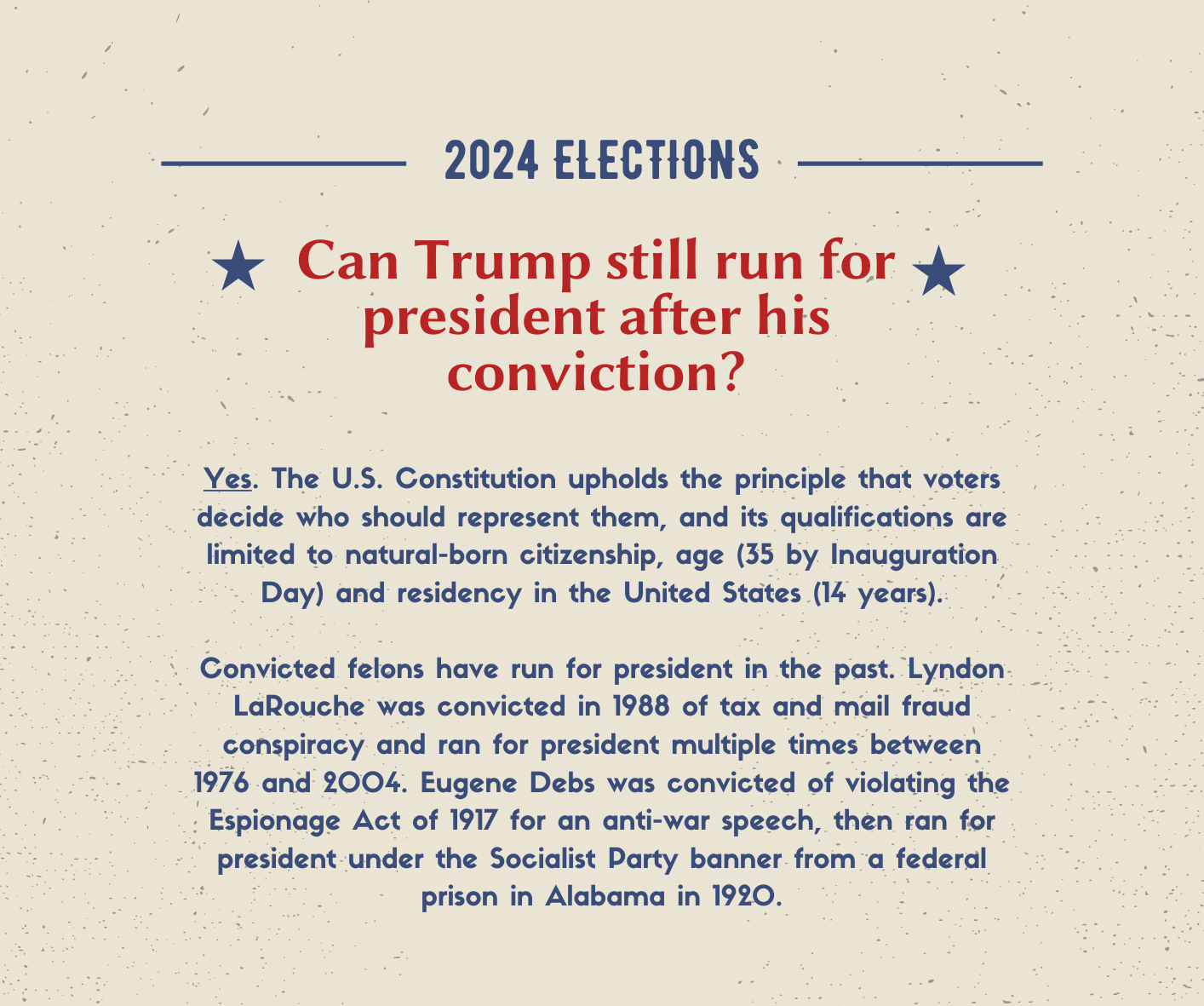
We do not have better information or insight than the numerous organisations that monitor, analyse, forecast and run polls in the run-up to the election and would not want to speculate on the outcome of the US Presidential election. We do, however, ponder the potential impact on the US (and global) economy and capital markets depending on the outcome.
There seems to be a fundamental difference in policy direction as it relates to the independence of the US Central bank or Federal Reserve Board (the Fed), between Joe Biden and Donald Trump.
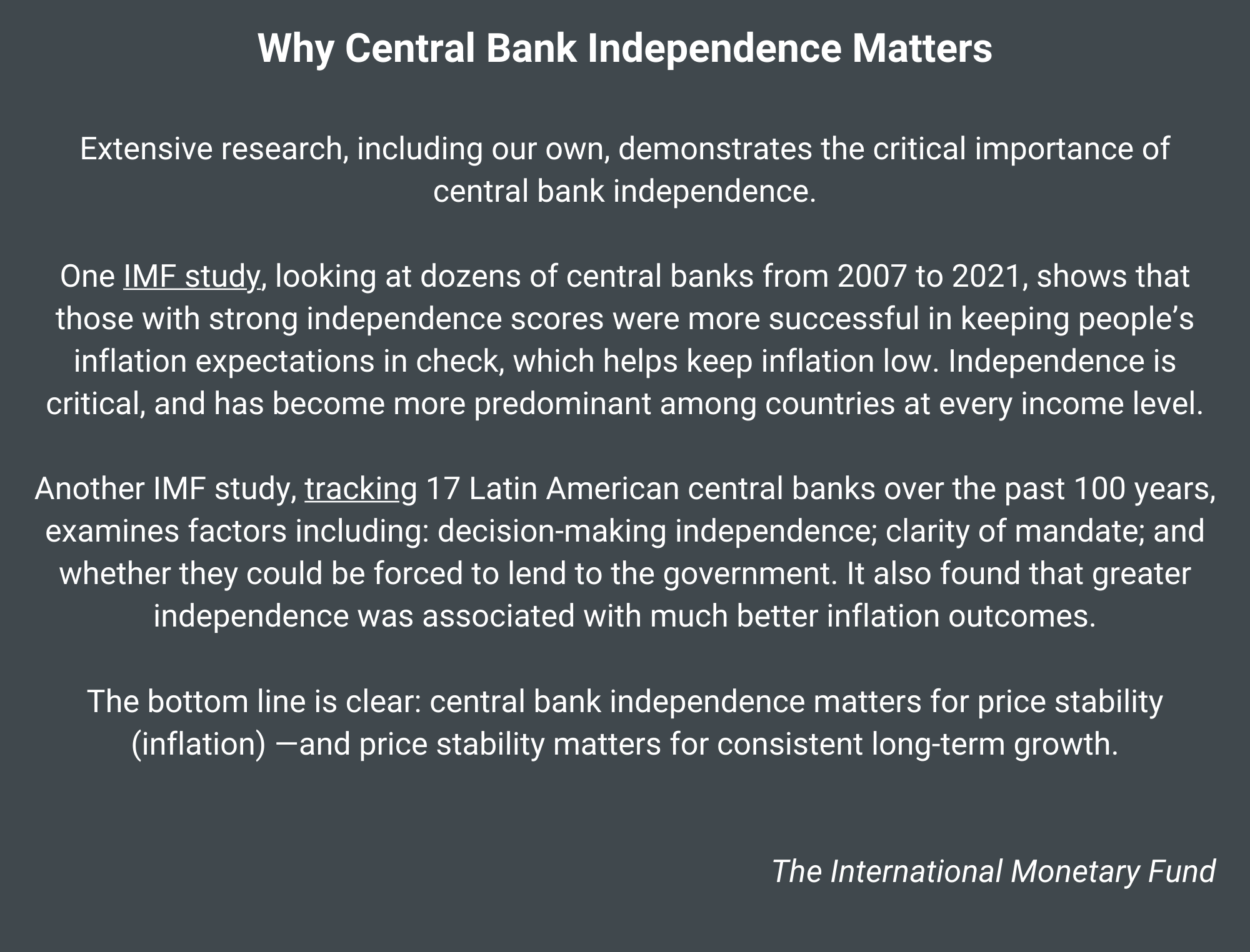
President Biden has, to date, despite criticism about high inflation, the rising cost of living and interest rates, steered clear from commenting on the Fed’s monetary policy. In a 24 April 2024 article in The New York Times, Jared Bernstein, the chairman of the White House Council of Economic Advisers said: “President Biden is well aware of the history of economies that have been severely damaged when central bank independence is compromised”.
Donald Trump, on the other hand, is much more outspoken and has criticized the Fed’s monetary policy. According to a 26 April 2024 article in the Wall Street Journal: “Donald Trump’s allies are quietly drafting proposals that would attempt to erode the Federal Reserve’s independence if the former president wins a second term, in the midst of a deepening divide among his advisers over how aggressively to challenge the central bank’s authority.
Former Trump administration officials and other supporters of the presumptive GOP nominee have in recent months discussed a range of proposals, from incremental policy changes to a long-shot assertion that the president himself should play a role in setting interest rates. A small group of the former president’s allies—whose work is so secretive that even some prominent former Trump economic aides weren’t aware of it—have produced a roughly 10-page document outlining a policy vision for the central bank, according to people familiar with the matter.
The group of Trump allies argues that he should be consulted on interest-rate decisions, and the draft document recommends subjecting Fed regulations to White House review and, more forcefully, using the Treasury Department as a check on the central bank. The group also contends that Trump, if he returns to the White House, would have the authority to oust Jerome Powell as Fed chair before his four-year term ends in 2026, the people familiar with the matter said, though Powell would likely remain on the Fed’s board of governors.
It couldn’t be determined whether Trump is aware of, or signed off on, the effort, but some people close to the discussions believe the work has received the blessing of the former president”.
Should Donald Trump be elected and pursue the policy direction of diluting the Fed’s independence, markets may react negatively as the impact of this policy is assessed. Forcing the Fed’s hand in lowering interest rates might lead to a weaker USD, which might be good for manufacturing and exports, but may increase the likelihood of imported inflation.
As always, there is lots of uncertainty and many unknowns, but as the US election nears and more rhetoric from political role players enters the public domain, capital markets may exhibit increased levels of volatility.

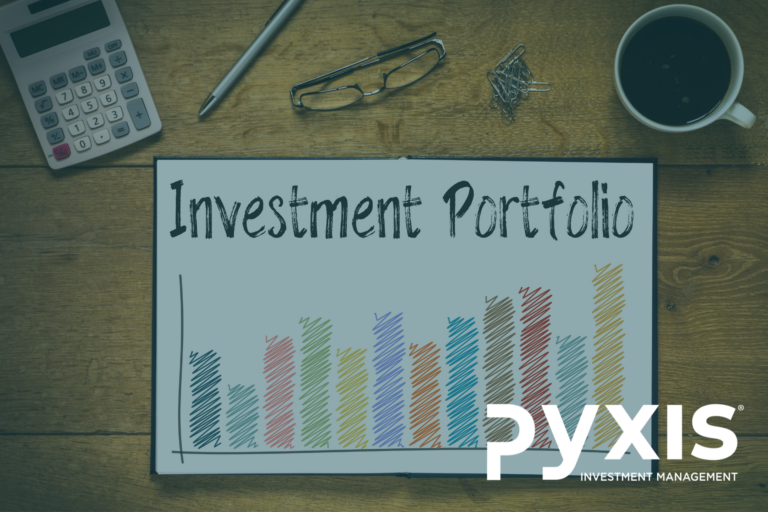
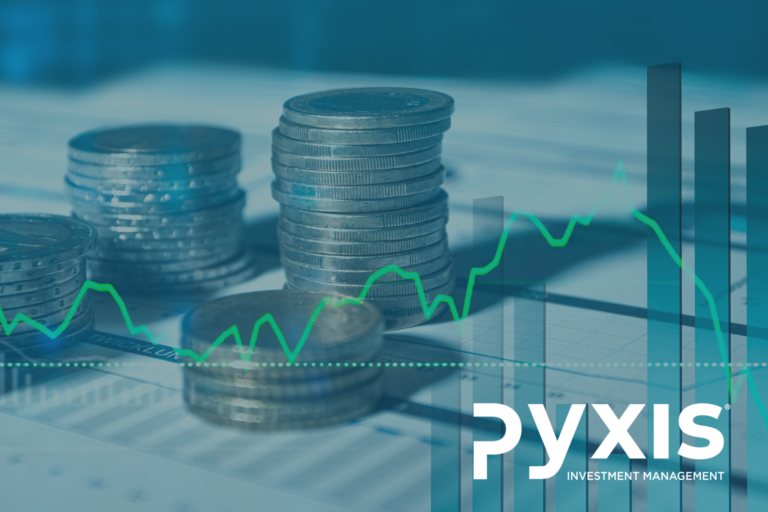
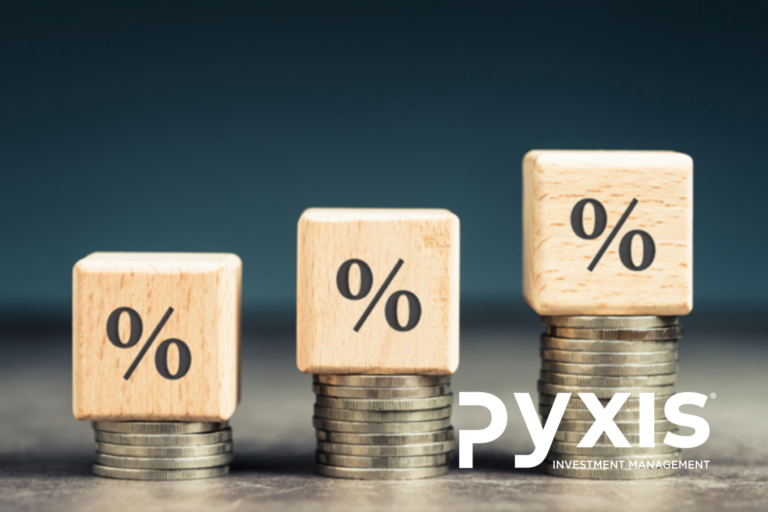




1 Comment
Comments are closed.